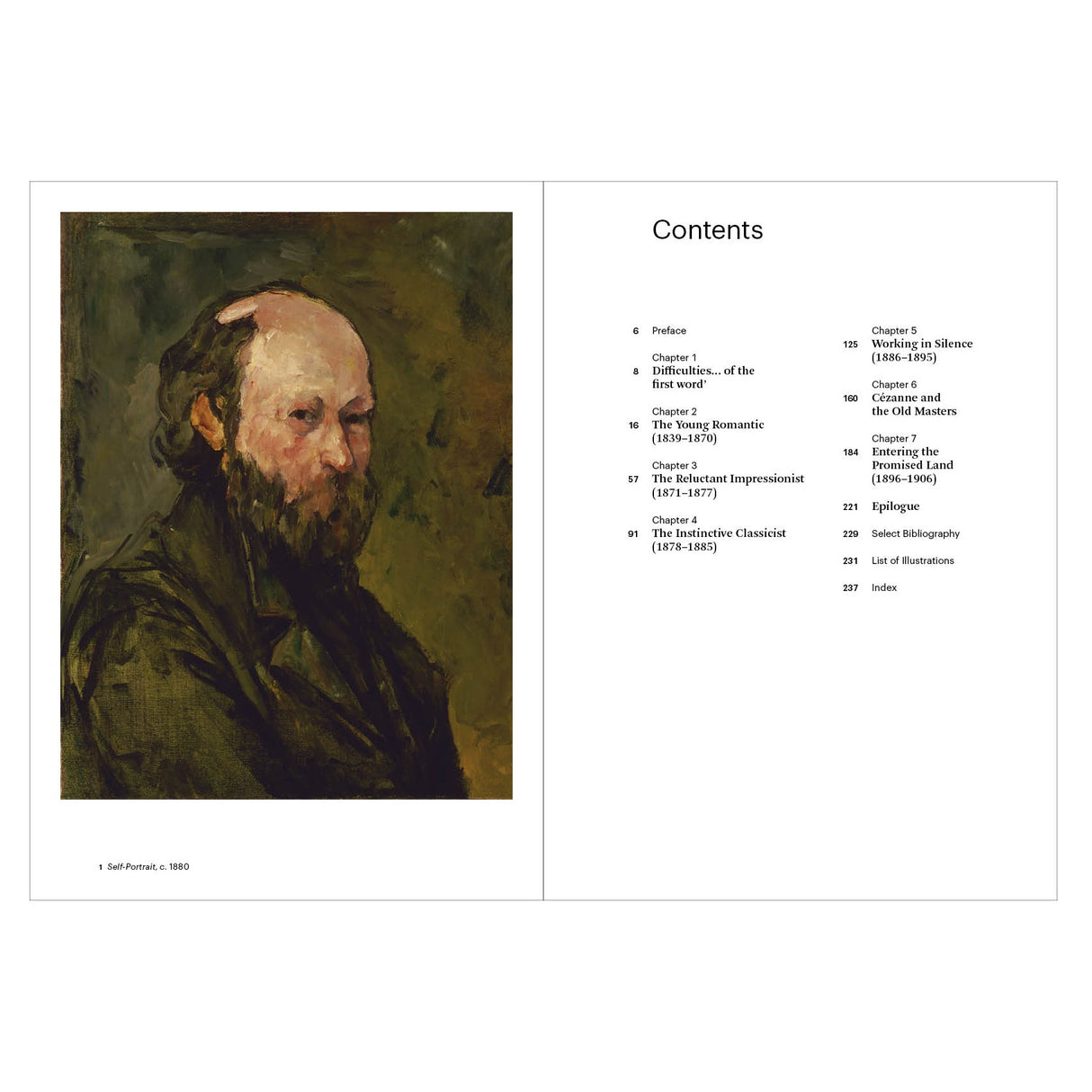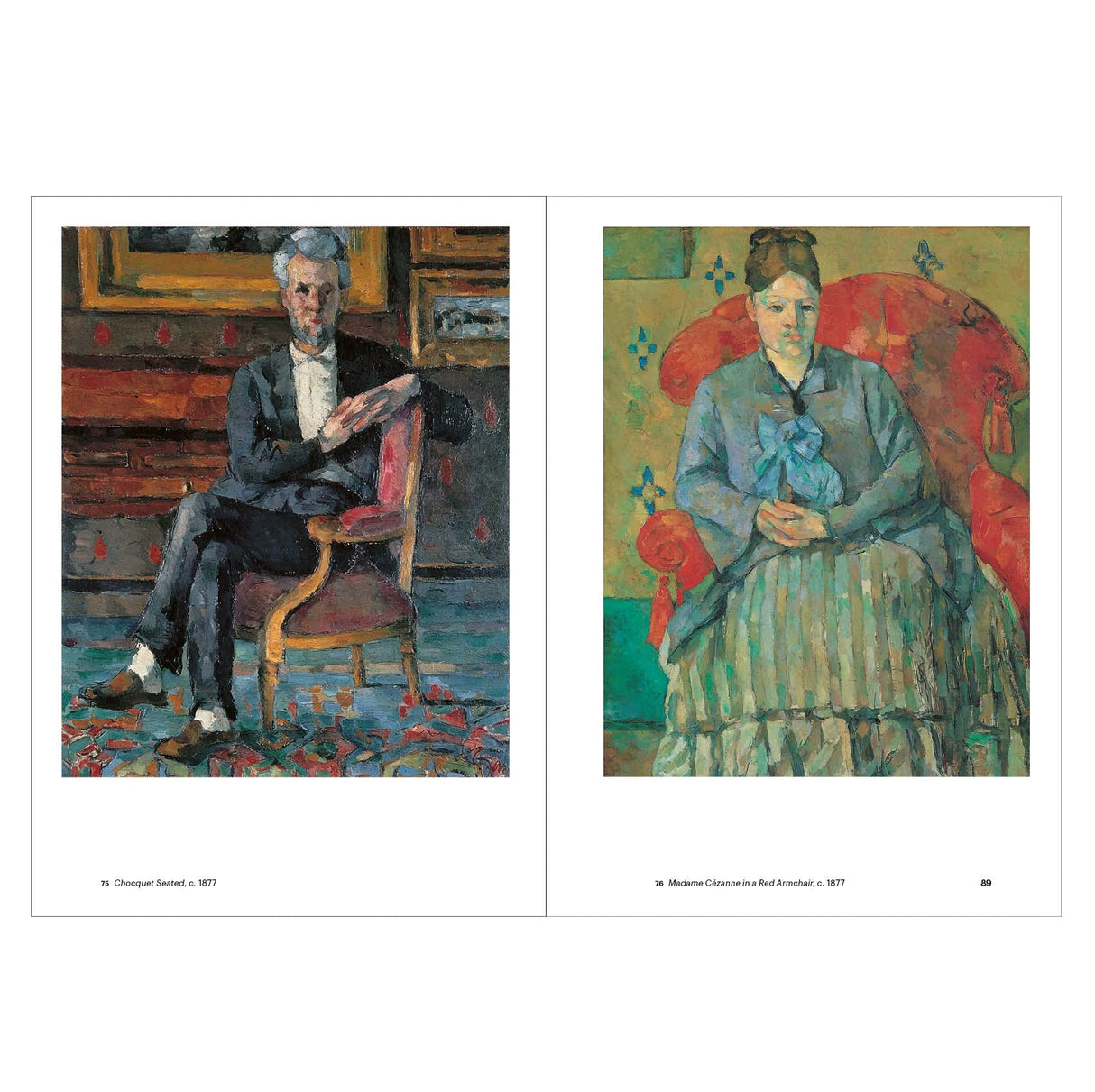World of Art: Cézanne
World of Art: Cézanne is backordered and will ship as soon as it is back in stock.
For Picasso he was “like our father”; for Matisse, “a god of painting.” Paul Cézanne (French, 1839–1906) is widely regarded as the father of modern art. In this authoritative and accessible study, author Richard Verdi traces the evolution of Cézanne’s landscape, still-life, and figure compositions from the turbulently romantic creations of his youth to the visionary masterpieces of his final years. The painter’s biography―his fluctuating reputation and strained relations with his parents, wife, and close friend Emile Zola―is vividly evoked using excerpts from his own letters and from contemporary accounts of the artist. Cézanne was torn between the desires to both make and find art―to master the themes of the past, through his copying sessions in the Louvre, and to explore the eternal qualities of nature in the countryside of his native Provence. In this way, the artist sought “to make of Impressionism something solid and durable, like the art of the museums.” In this richly illustrated overview, now updated throughout and with a new preface, Verdi explores the strength, vitality, and magnitude of Cézanne’s achievement.
Includes 182 color illustrations.
Paperback / 240 pages
Dimensions: 6" x 8.4"










